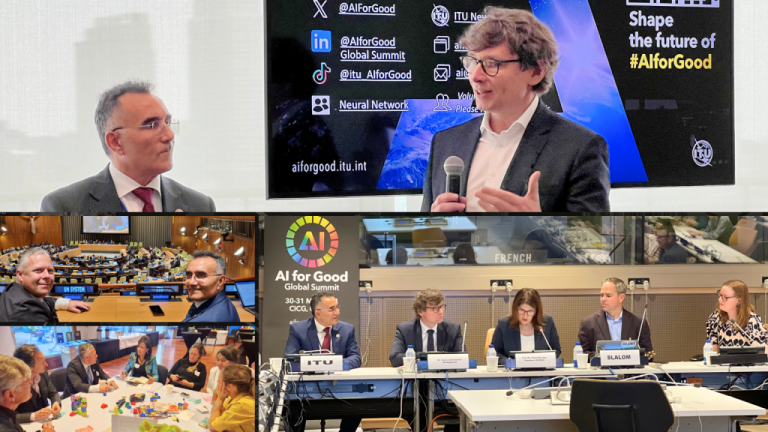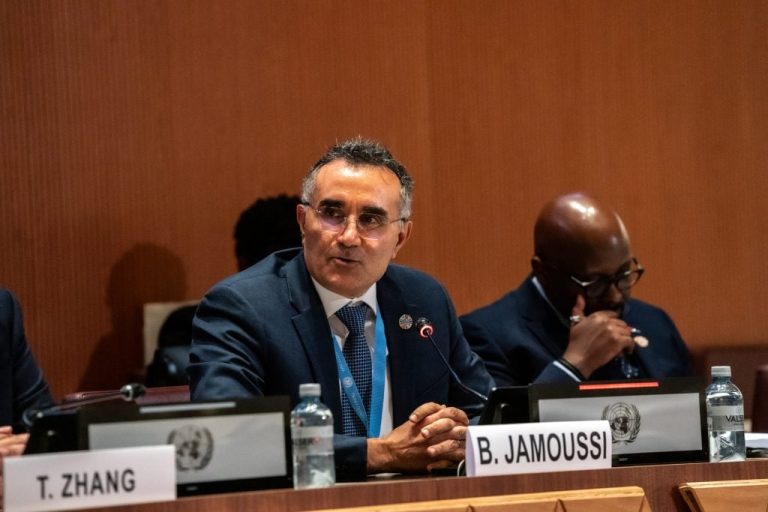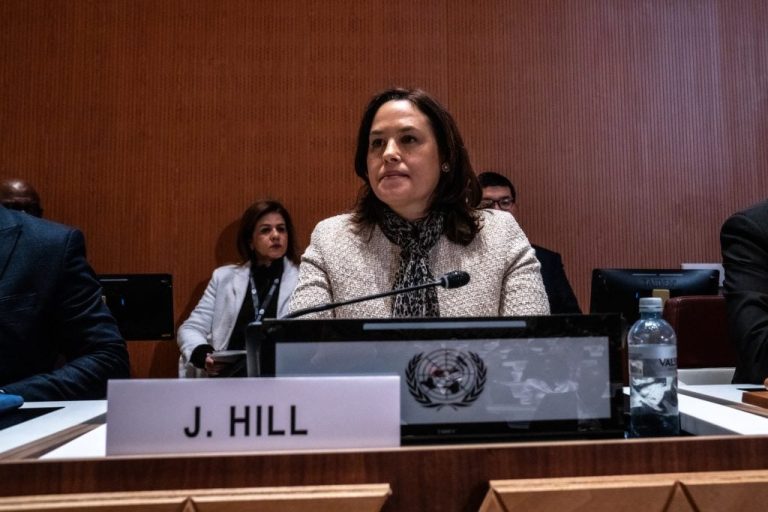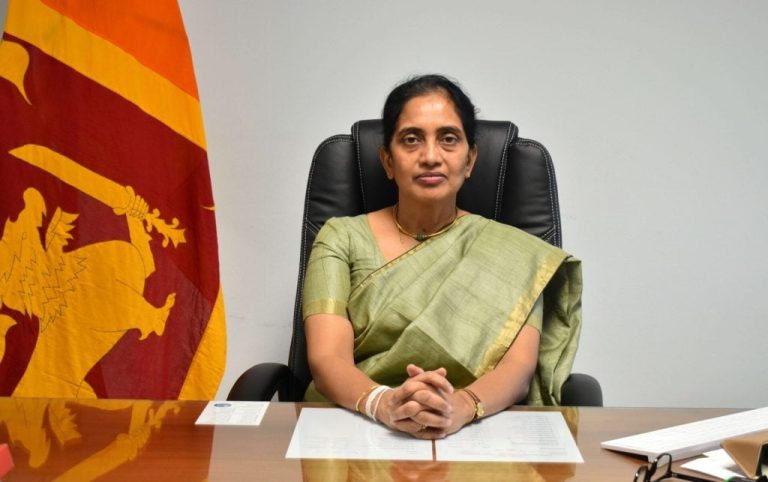Navigating the Digital Age: Unlocking Data-Driven Opportunities for Developing Nations
Greetings, everyone. Allow me to introduce myself. I am Dr. Firman Freaddy Busroh from Indonesia, serving as the Dean of the School of Law and practicing as a lawyer.
Today, I’m eager to address a pivotal issue. In developing nations like Indonesia, we continue to confront numerous hurdles. Challenges such as inadequate infrastructure, skill gaps, and cultural barriers often hinder our technological advancement.
What I’ve heard today underscores a vital reality: data has emerged as the currency in our digital economy. It is a driving force that fuels innovation, informs business strategies, and lays the groundwork for developments in artificial intelligence (AI). Without effective strategies for securing data and recognizing its value, we risk dismantling the advantages provided by this digital age.
Data security transcends being a mere technical challenge; it has evolved into a legal, ethical, and political necessity. Developing nations are especially susceptible due to their limited resources and infrastructure to tackle emerging cybersecurity threats. It is imperative that we elevate investments aimed at bolstering cyber security frameworks, establish strong legal protections for personal data, and forge regional and global partnerships to address cross-border cyber issues.
The essence lies in collaboration. Governments, the private sector, and academic institutions must unite to ensure the security of our data while fostering innovation. While prioritizing data security is essential, we must also advocate for an equitable distribution of the value generated from data. Frequently, developing countries furnish raw data to international corporations without receiving fair economic returns.
Artificial intelligence holds immense potential to enhance our economic landscape, healthcare systems, education, and beyond. However, its development and deployment must respect privacy, maintain security, and encourage inclusivity. It is critical that AI systems are designed to combat bias and reflect the diverse requirements of our populations.
To realize this vision, developing countries must engage actively in the global discourse surrounding AI ethics and governance. I urge policymakers to establish robust legal frameworks, academics to undertake research that aids in the ethical progression of AI, and leaders in the private sector to emphasize transparency and fairness in data utilization.
The digital era presents remarkable opportunities alongside considerable responsibilities. Data security and equitable value sharing are not simply technical matters—they represent moral imperatives. Let us harness this moment to construct a future where data is a catalyst for good, where value is shared justly, and where security and trust form the foundation of our digital evolution.
Together, we can cultivate a digital ecosystem that leaves no one behind. Thank you.







